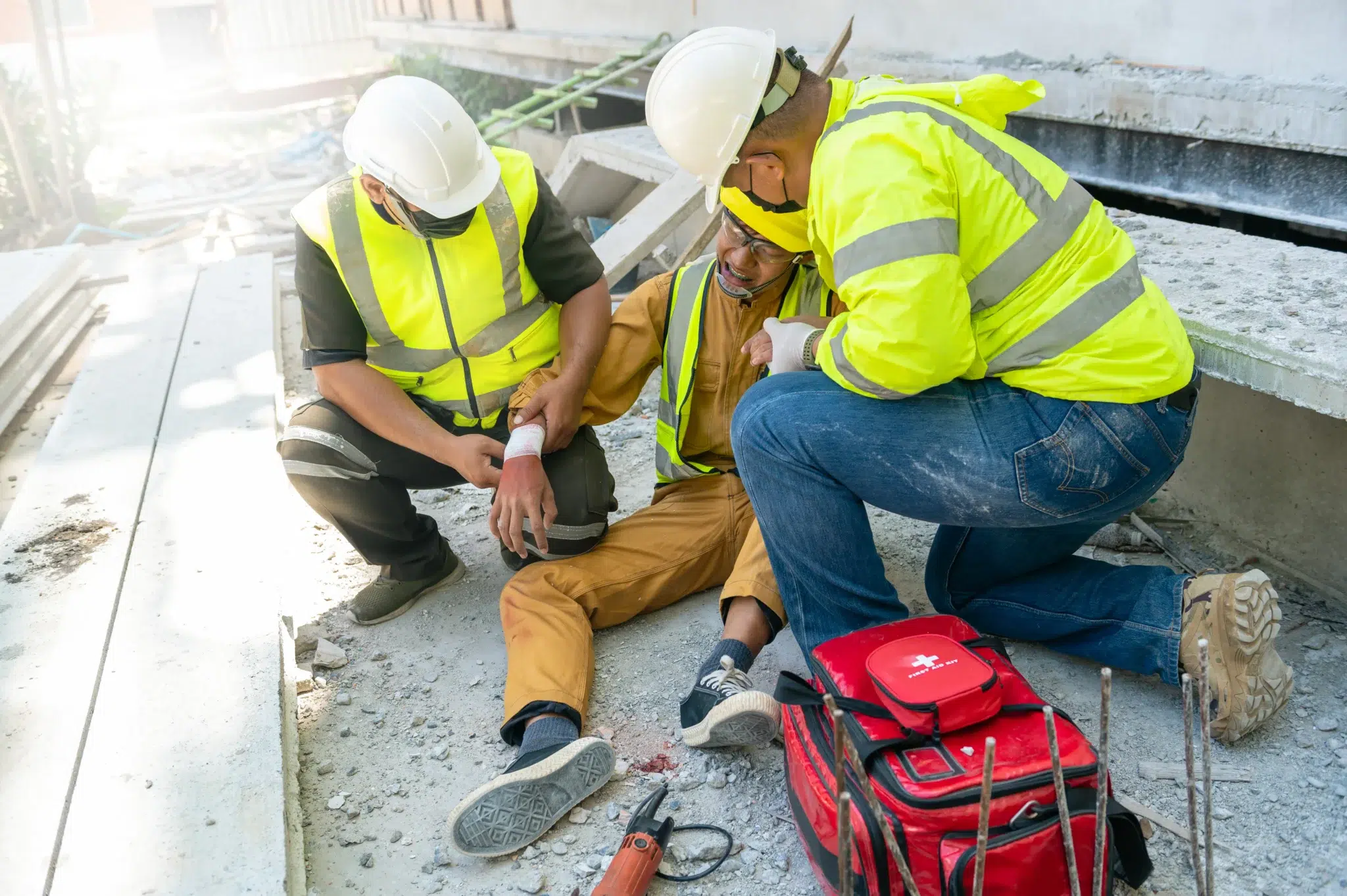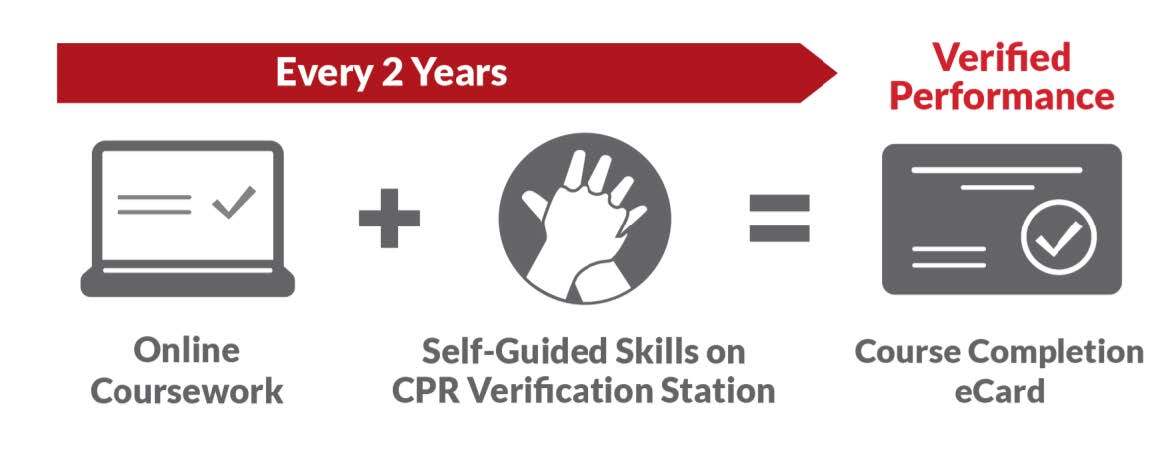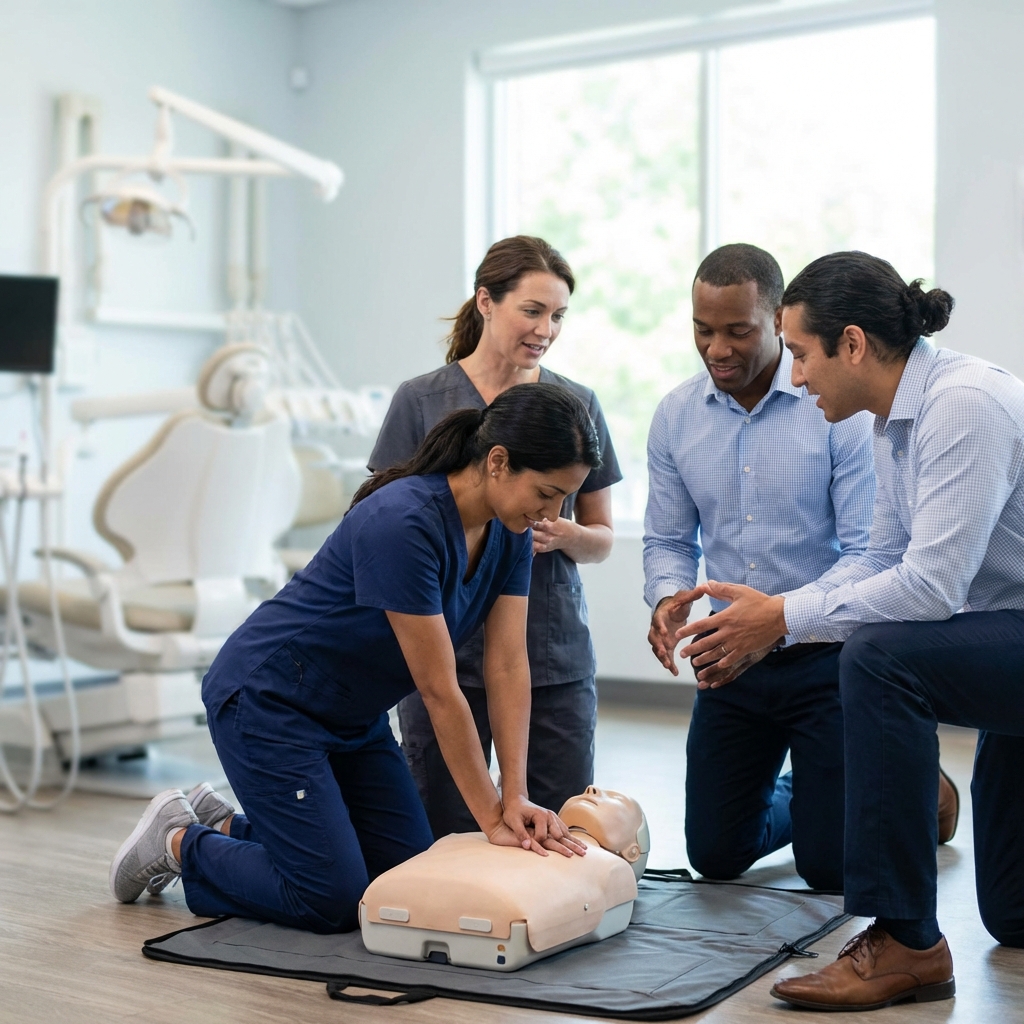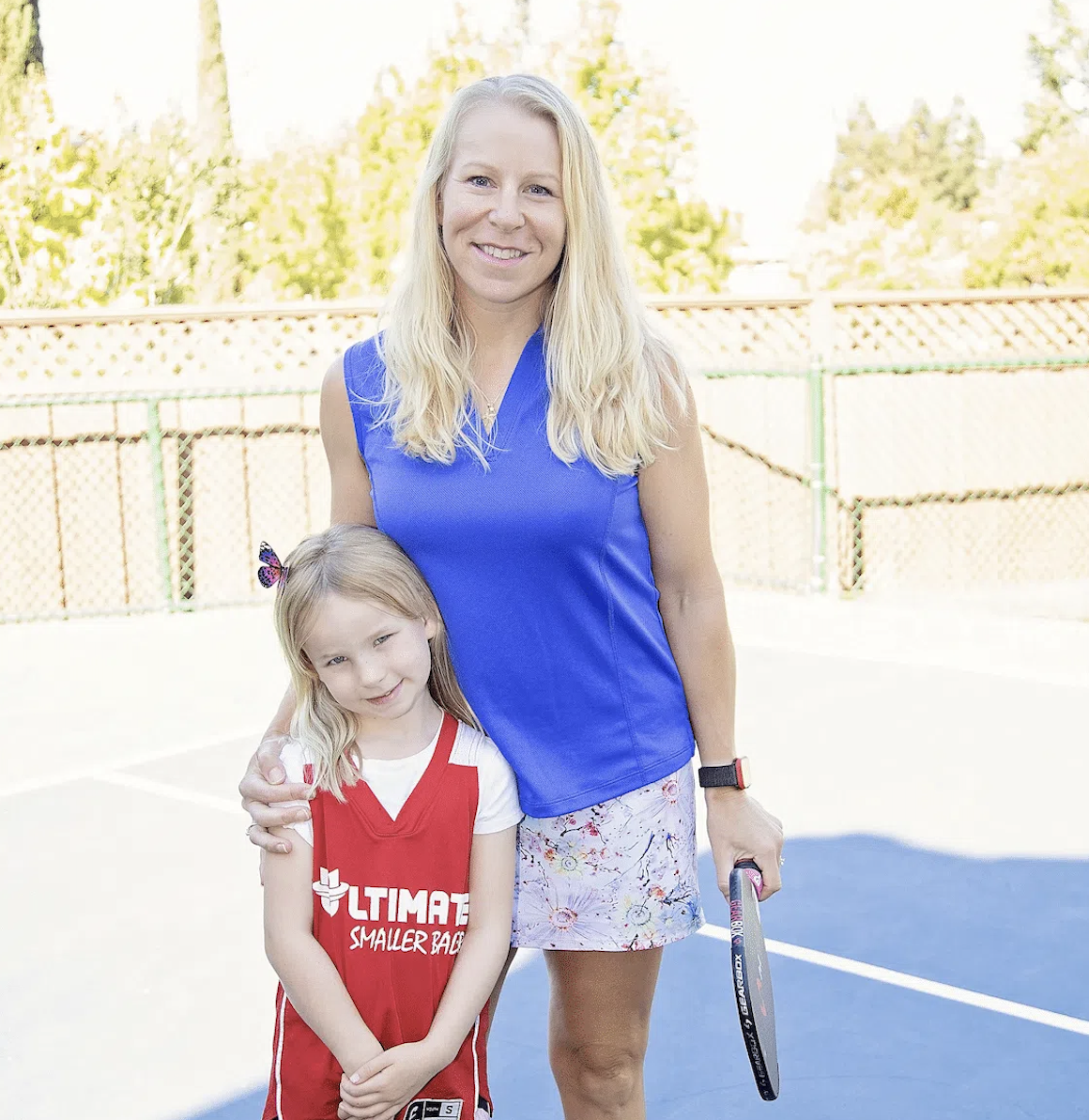In a city as vibrant as San Francisco, being prepared for anything is essential, especially in healthcare. CPR renewal in SF is a critical step for any professional committed to providing the best possible care. This guide breaks down the process, offering practical advice and actionable steps to find the right renewal course for your needs. We’ll explore various learning formats, discuss the importance of hands-on training, and address common misconceptions about CPR renewal. Plus, we’ll highlight trusted training providers in San Francisco, including Safety Training Seminars, to help you make an informed decision and stay at the top of your game.
Key Takeaways
- Regular CPR renewal keeps your skills sharp and current: Stay prepared for emergencies and meet professional requirements by refreshing your knowledge and technique through hands-on training aligned with AHA guidelines.
- Find the right CPR renewal course by considering your needs and budget: Balance flexibility and hands-on practice by exploring blended learning options. Compare providers, seek discounts, and choose a reputable organization.
- Quality CPR training involves expert instruction, current guidelines, and personalized feedback: Look for experienced instructors, adherence to AHA standards, and opportunities for feedback to maximize your skill development and confidence.
What is CPR Renewal in San Francisco?
CPR certification is typically valid for two years. Once your certification expires, you’ll need to take a CPR renewal course to stay current. These courses cover the same core content as initial CPR training, but are designed as a refresher. Renewal courses are essential for anyone who uses CPR regularly, especially healthcare professionals, first responders, and those in childcare. In San Francisco, numerous organizations offer
Why CPR Certification Matters for Healthcare Professionals
For healthcare professionals in San Francisco, maintaining a current CPR certification is crucial. It’s the foundation of patient care, equipping medical professionals with the skills to respond effectively during cardiac emergencies. CPR can significantly improve a patient’s chances of survival, and healthcare providers are often the first line of defense. Regular CPR renewal ensures these professionals stay sharp and confident in their abilities to provide lifesaving care. Beyond the technical skills, CPR certification demonstrates a commitment to patient safety and high-quality care. At Safety Training Seminars, we offer a variety of American Heart Association certification courses, including BLS, ACLS, and PALS, to meet the needs of healthcare providers in San Francisco and the surrounding areas.
Common CPR Renewal Misconceptions
One common misconception about CPR renewal is that all courses are the same. In reality, there are different types of CPR renewal classes, including blended learning options that combine online coursework with in-person skills practice. Some mistakenly believe online-only courses are sufficient, but most organizations, including the American Heart Association, require a hands-on skills assessment. It’s important to choose a CPR renewal course that meets the requirements of your profession and provides adequate hands-on training.
CPR Certification Types
Several CPR certification types are available for renewal, catering to different learning styles and schedules. Blended learning courses offer the flexibility of online study combined with essential in-person skills practice. Traditional classroom-based courses provide a structured learning environment with direct instructor interaction. For those with limited time, some providers offer expedited or same-day CPR renewal classes. It’s important to research the various options and select the format that best suits your preferences and requirements. At Safety Training Seminars, we offer daily classes at multiple locations throughout San Francisco, making it convenient to find a class that fits your schedule.
Find Top CPR Renewal Classes in San Francisco
Finding the right CPR renewal class can feel overwhelming with so many options. To simplify your search, we’ve compiled a list of trusted providers in San Francisco.
Safety Training Seminars
Safety Training Seminars offers a range of American Heart Association (AHA) certified courses, including CPR, BLS, ACLS, and First Aid, throughout Northern California. With daily classes in over 60 cities and a low-price guarantee, they make CPR renewal accessible and affordable. Their RQI (Resuscitation Quality Improvement) program combines online learning with in-person skills testing for a more efficient renewal process. For AHA-certified training, Safety Training Seminars is a solid option. Explore their BLS, ACLS, and PALS courses, as well as RQI classes designed for healthcare professionals.
American Red Cross
The American Red Cross is a nationally recognized provider of CPR and First Aid training, offering CPR renewal courses throughout California, including San Francisco. Their CPR certification is valid for two years, and their renewal courses help professionals maintain essential skills and knowledge. Experienced instructors lead these classes, giving participants the confidence to respond effectively in emergencies.
Revive CPR
Revive CPR specializes in AHA-certified CPR, BLS, and First Aid classes in San Francisco. They emphasize hands-on, instructor-led training without voice-assisted manikins for a more practical learning experience. Revive CPR offers same-day CPR certification and blended learning options that combine online coursework with in-person skills sessions for convenient and efficient renewal.
Bay Area CPR
Bay Area CPR, partnered with Safety Training Seminars, is a leading provider of AHA certification courses in the San Francisco Bay Area. They offer a variety of courses to meet diverse needs, prioritizing affordability and convenience. This makes them a smart choice for accessible CPR renewal classes.
Choose the Right CPR Renewal Course
Deciding on the right CPR renewal course requires careful consideration of your learning style, schedule, and the importance of hands-on training. Let’s explore key factors to help you make an informed choice.
Online vs. In-Person: Pros and Cons
One of the first decisions you’ll make is choosing between online or in-person renewal. Online courses offer flexibility, letting you learn at your own pace and on your schedule. However, they may not provide the same level of hands-on practice as in-person classes. In-person training allows direct interaction with an instructor and the chance to practice skills on mannequins, building confidence and muscle memory.
Course Selection Factors
Beyond the online vs. in-person choice, consider a blended learning format, which combines online study with in-person skills practice. Think about the type of CPR certification you need, as different professions have specific requirements. Also, factor in location and scheduling, looking for courses offered nearby at convenient times.
Hands-On Practice & Skill Retention: Why They Matter
While online courses are convenient, hands-on practice is invaluable. On-site CPR training lets you perform compressions, practice rescue breaths, and learn AED use under the guidance of a qualified instructor. This experience builds the muscle memory and confidence needed to respond effectively in emergencies.
Check Reviews and Testimonials
Before choosing a course or provider, research their reputation. Reading reviews offers insights into the quality of instruction, the learning experience, and the provider’s adherence to guidelines. This helps you choose a reputable provider committed to high-quality CPR training.
CPR Renewal Costs and Value
CPR renewal doesn’t have to break the bank. Finding a course that fits your budget is easier than you think, especially if you know where to look and compare options. Here’s how to evaluate CPR renewal costs and get the best value:
Compare Provider Prices
Before committing to a class, take some time to compare prices from different CPR training providers in your area. Costs can vary, so doing your homework upfront can lead to significant savings. For example, check out Safety Training Seminars’ low price guarantee to see how their pricing compares.
Find Group Discounts and Promotions
If you’re renewing with colleagues or friends, see if you can get a group discount. Many providers, including Safety Training Seminars, offer reduced rates for group registrations. This is a smart way to save, especially for workplaces training multiple employees.
Get Same-Day Certification
Need your CPR certification renewed quickly? Look for providers offering same-day certification. This convenient option gets you in and out, with your renewed credentials in hand by the end of the day.
Look for Low-Price Guarantees
A low-price guarantee gives you confidence that you’re getting the most affordable training. Some companies will match or even beat a competitor’s lower price for comparable training. This can be a valuable feature to consider when choosing a CPR renewal course.
Renew Your CPR Certification: When and How
CPR skills are essential for any healthcare professional, but they can decline over time. Regular renewal ensures you’re prepared to respond effectively in a real emergency. Let’s break down the process of renewing your CPR certification.
Understand Certification Validity
CPR certifications are typically valid for two years. This timeframe reflects the understanding that skills and knowledge retention can decrease over time. Staying current with your certification ensures you’re always ready to provide high-quality care. It’s also often a requirement for maintaining employment in many healthcare roles. Make sure to check the specific requirements of your employer and certifying organization.
Follow Renewal Steps
Renewing your CPR certification is straightforward. You can usually choose between a few different learning formats. Blended learning courses offer the flexibility of online study combined with essential in-person, hands-on training. This approach allows you to learn the material at your own pace and then practice your skills with a certified instructor. Of course, traditional in-person classes are also widely available. Check with your employer or a preferred training provider, like Safety Training Seminars, to find a class that fits your schedule and learning style.
Explore Blended Learning
Blended learning is a popular option for CPR renewal because it combines the convenience of online learning with the benefits of hands-on practice. You can complete the online portion of the course whenever and wherever it suits you best. Then, you schedule a short in-person session to demonstrate your skills and receive feedback from an instructor. This format is particularly helpful for busy professionals who need flexibility in their training. If you value face-to-face instruction and interaction with other students, traditional classroom-based CPR courses are also a great option.
Consider Resuscitation Quality Improvement (RQI)
For healthcare providers looking to stay at the top of their game, a Resuscitation Quality Improvement (RQI) program might be a good fit. RQI focuses on frequent practice and assessment to maintain optimal CPR competency. These programs often use simulation and personalized feedback to help you refine your technique and build confidence. RQI can be a valuable tool for hospitals and healthcare systems looking to improve patient outcomes and ensure their staff are always prepared for a cardiac emergency. It’s a proactive approach that emphasizes continuous improvement and skill retention. Contact Safety Training Seminars to learn more about the RQI programs they offer.
Ensure Quality CPR Renewal Training
CPR skills are perishable. Refreshing them regularly ensures you’re ready to respond effectively in a real emergency. But not all CPR renewal courses are created equal. Here’s what to look for in a high-quality CPR renewal class:
Adhere to Guidelines
CPR training should adhere to the latest guidelines from organizations like the American Heart Association (AHA). These AHA guidelines ensure your training reflects current best practices and prepares you with the most up-to-date techniques. A quality training center will emphasize these evidence-based practices, giving you confidence in your renewed skills. For courses that meet these standards, check out the CPR renewal courses at Safety Training Seminars.
Evaluate Instructor Qualifications
Experienced, certified instructors are key to a valuable CPR renewal course. Look for instructors with extensive backgrounds in healthcare and a passion for teaching. Their expertise will enrich your learning experience and provide you with practical insights. Ask about instructor qualifications when choosing a course to ensure you’re learning from the best.
Provide Continuous Feedback
Effective CPR hinges on proper technique. A good renewal course will offer personalized feedback throughout the training. This feedback helps you refine your compressions, improve ventilation techniques, and build muscle memory. Ask about feedback mechanisms when choosing a CPR course to maximize your skill development.
Meet Employer Requirements
Before signing up for a CPR renewal class, confirm it meets your employer’s requirements. Some employers mandate certification from specific organizations like the AHA or the American Red Cross. Verify the course aligns with workplace standards to ensure your renewed certification is valid and accepted. Safety Training Seminars offers a variety of courses to meet diverse employer needs and offers a low-price guarantee.
Whether you’re due for recertification or looking to stay compliant, BLS CPR Classes in Concord provide a reliable option in the East Bay. For those based in the city, BLS CPR Classes in San Francisco offer accessible training opportunities throughout the week.
Frequently Asked Questions
How often do I need to renew my CPR certification? CPR certifications are typically valid for two years. It’s essential to renew before your certification expires to maintain your skills and comply with workplace requirements.
What’s the difference between online and in-person CPR renewal courses? Online courses offer flexibility, allowing you to learn at your own pace. However, in-person classes provide essential hands-on practice and direct interaction with an instructor, which many find invaluable for building confidence and proper technique. Blended learning combines the convenience of online study with in-person skills sessions.
What if I need my CPR certification renewed quickly? Some providers offer expedited or same-day certification options. Check with training centers in your area, such as Safety Training Seminars, to see if they offer accelerated courses.
How much does CPR renewal cost? Costs vary depending on the provider and the type of course. It’s wise to compare prices from different providers and inquire about group discounts or promotions. Look for providers with low-price guarantees to ensure you’re getting the best value.
How can I ensure I’m choosing a high-quality CPR renewal course? Look for courses that adhere to the latest guidelines from organizations like the American Heart Association. Check instructor qualifications, ensure the course provides continuous feedback, and confirm it meets your employer’s requirements. Reading reviews and testimonials can also offer insights into the quality of different providers.









